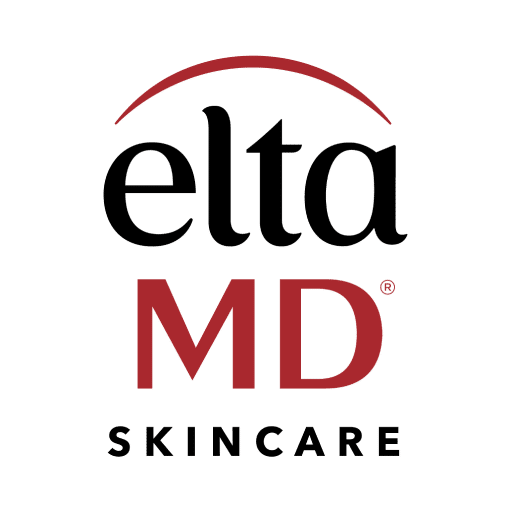As far as skin care goes, zinc oxide is quite universal: Found in topical products for burns, cuts, and diaper rash, the substance works by combating inflammation caused by everyday skin irritations. In sunscreen, zinc oxide also helps reflect and scatter ultraviolet rays, protecting the skin from sun damage that can lead to cancer.
So what about zinc for acne? Given the anti-inflammatory properties and other advantages of zinc oxide, it would make sense that this stuff has some benefit for breakouts—but the extent of that benefit is up for debate. Here's what experts know, what they don't, and what to consider when your next unwanted blemish pops up.
What Is Zinc—and Where Do You Find It?
Zinc is a nutrient your body needs for all kinds of functions, from healing wounds to helping the immune system fight off bacteria and viruses. Most people get enough zinc from their diets, but if they don't, it may lead to several problems like hair loss and skin conditions. According to MedlinePlus, some people with acne have been found to have lower levels of zinc.
Zinc products can vary by formulation and form. While many zinc products are applied directly to the skin for acne problems—including zinc sulfate, zinc oxide, zinc acetate, or zinc octoate—a few others are taken by mouth in pill form, which is typically for more severe cases of acne.
How Does Zinc Help with Acne?
Oral or topical zinc products may help with acne problems in many ways, according to a review paper in Dermatology Research and Practice.
One of those ways is by reducing inflammation: Similar to how zinc products can help soothe skin irritations, some zinc formulations such as zinc acetate or zinc octoate are thought to help lessen inflammation caused by acne-causing bacteria. Creams and ointments may have an even bigger impact if they contain a topical antibiotic such as erythromycin, as some zincs may help support the way some antibiotics get absorbed in the body. Another possible benefit of certain types of zinc for acne is the potential ability to suppress oily lipids that can contribute to the skin condition.
While those benefits were found with zinc products other than zinc oxide, it doesn't mean using zinc oxide for acne won't help. For one thing, zinc oxide has an effective way of protecting the skin from outside elements, making it a go-to ingredient for mineral-based sunscreens that form a protective barrier on the skin to keep out ultraviolet rays.
That barrier mechanism may also work around pimples while acne heals, one Dermatologist told INSIDER. But it doesn't necessarily mean that zinc oxide is the best treatment out there for breakouts—or that you should dab some diaper cream on your face as one Reddit user featured in the article swore by.
What about Zinc Oxide Sunscreens?
All sunscreens can help reduce the appearance and occurrence of acne and acne scars, which makes daily sunscreen use critical for everyone—but especially those prone to acne. Mineral sunscreens with zinc oxide may have a special benefit thanks to potentially anti-inflammatory effects and other advantages of zinc for the skin.
Importantly, Dermatologists recommend non-comedogenic sunscreens, which means that the sunscreen won't clog the pores. The EltaMD® UV Clear Broad-Spectrum SPF 46 is a fan favorite for exactly that reason; it contains zinc oxide, plus ingredients like hyaluronic acid and vitamin E that can help protect and improve sensitive skin.
So, What Is the Best Treatment for Acne?
Well, it depends on your needs and your doctor's advice!
Even though research studies have shown zinc to be a promising acne treatment, your provider may recommend other medications like tetracycline. If you struggle with breakouts and at-home acne care hasn't worked, book an appointment with a board-certified Dermatologist. They can do an exam and identify which treatments—zinc or not—are right for you.

